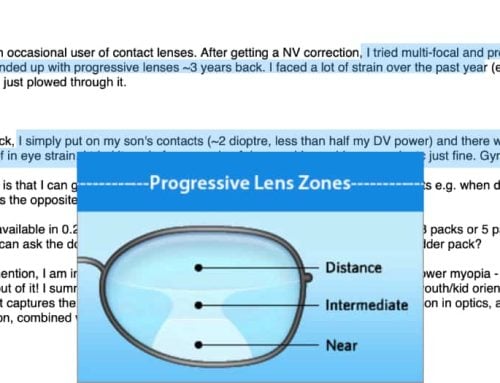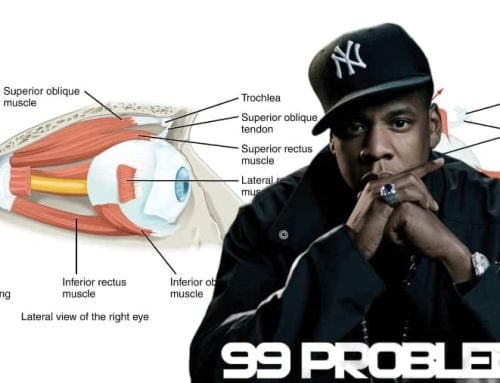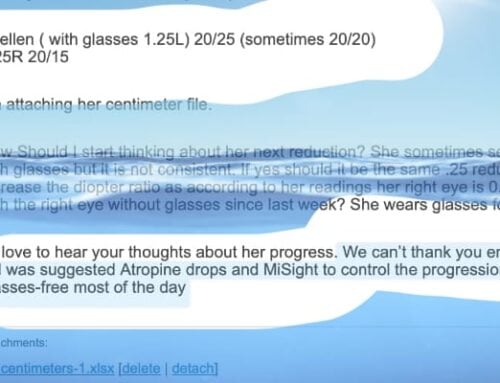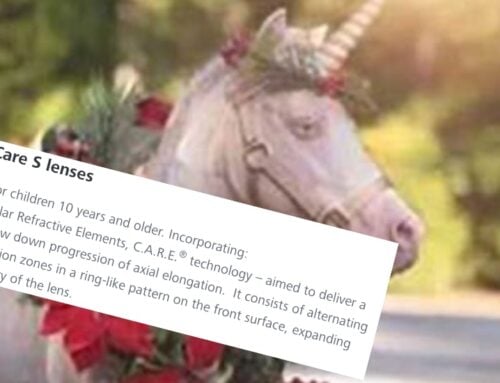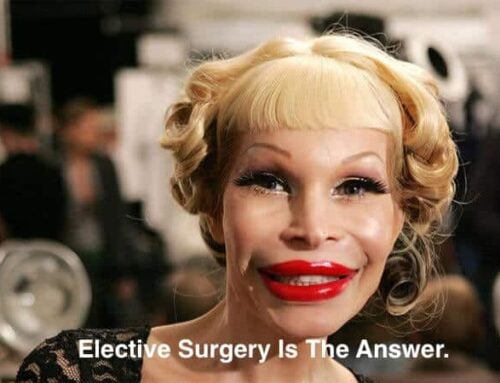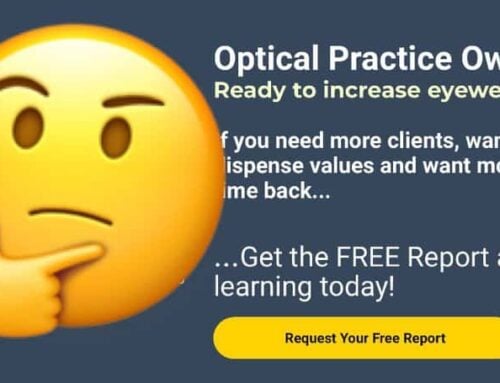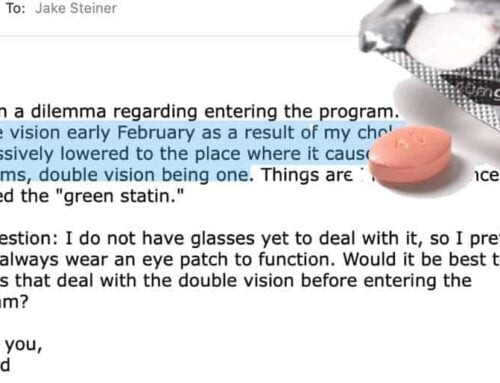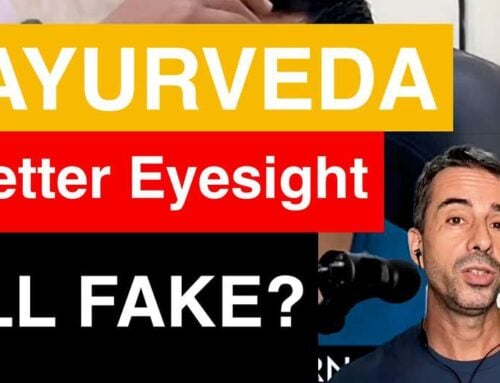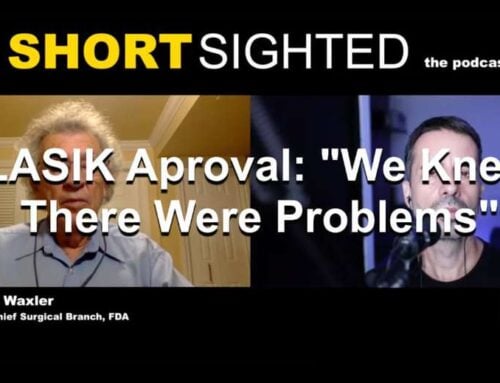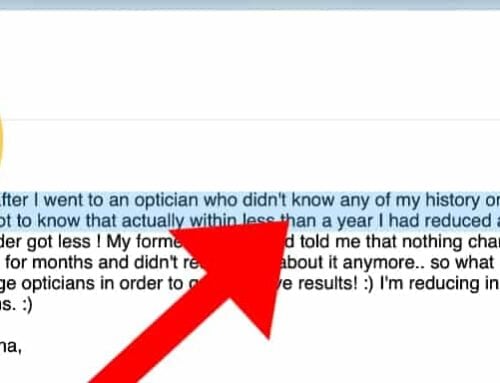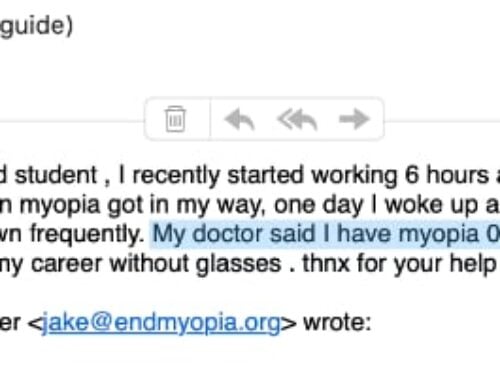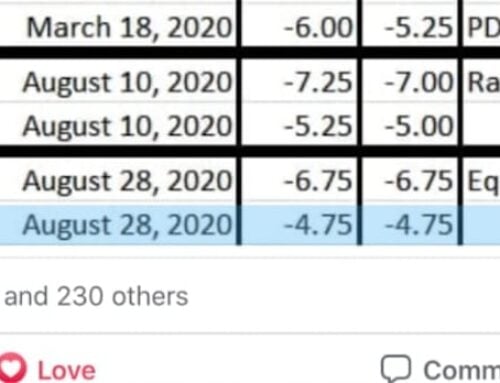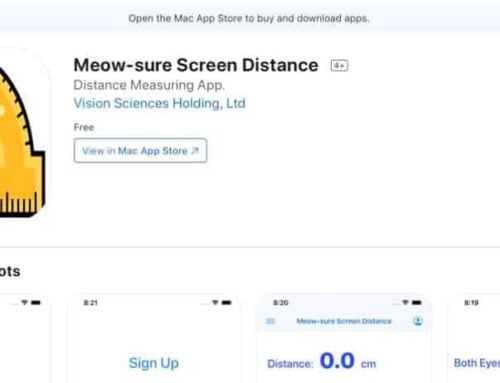You want to know some interesting tricks to tell who is trying to scam you? Some of these pointers work for all sorts of Web scams, not just in the eyesight health arena.
—
I just put together a quick FAQ item for the topic of scams.
We get a lot of participants who have been scammed previously. I myself took about a dozen different Web courses over the years, just to see what sort of mayhem and lunacy lurks out there on the Internet. Turns out, the line gets blurry between malice and just misguided beliefs.
Here’s what I put in the FAQ:
First, you want to make a finer distinction, between the well-intentioned by nonetheless worthless content online, and genuinely willful scams.
The well-intentioned usually fall into the Bates method category. Bates was an early 20th century practitioner who found a workable solution to deal with pseudo myopia. Unfortunately most myopia today is of the lens-induced, progressive sort, so Bates practices don’t apply. Sites that promote Bates usually don’t have the training or education to fully understand the underlying biology that they are trying to repair. Because of that, while often well-intentioned, these types of approaches tend to fail for a lot of people.
Well-intentioned sites are often not easy to assess, since they can have a loyal following and strong supporters. The best way to tell is to understand the basic premises of myopia yourself (the two stages, ciliary vs lens-induced, strain, axial elongation, etc). With that, you can look at their premise and get an idea of whether a) they know what they are talking about and b) whether their method deals with real causes in a meaningful way.
Does it sound hoakey? Are words like “eye exercises” and “palming” used? Do they advocate eye vitamins, use a bunch of pseudo science terminology?
Then it’s probably not going to do anything for you. Not easy to tell though, since a lot of those resources are full of genuine believers (though whether any of them have recovered from high myopia, one might wonder).
Scams are much easier to tell. Here is what you want to be looking for:
1) Does the site have a slick sales letter? If you are scrolling and scrolling through testimonials and promises and “but wait there is more”, and “special promo pricing”, then it’s almost certainly going to be a scam. How many legitimate services use a sales letter? None. Click out of those things.
2) E-mail collectors. If the first thing you see is a pitch to get your e-mail, it’s going to be a scam. It’s Internet marketer 101 stuff.
3) Appealing to your inner greed. If the pitch sounds like something you really wish to be true (because it sounds so quick and easy), then it’s probably a scam. “Fix your eyes in your sleep”, or “the #1 secret to better eyes”, or “fix your eyes in 30 days”, that’s always, forever going to be a scam.
4) Eye vitamins. If you see the words “eye” and “vitamins” anywhere in the same paragraph, click away. It’s a scam. Even if it’s sold by Bausch & Lomb.
5) Mailing you products. There is zero need for a product. Usually the product is tied to some complicated return policy and refund policy. You need to return the product to get a refund, and they count on you not doing that. If there’ s a product involved, it’s probably a scam.
6) No community. If there is no way to tell on the site that the creators are active and participating in the dialog, if you can’t tell what customers are saying, if everything is shrouded in mystery and sales, you know what … it’s probably a scam.
7) The biggest scam of all – a lot of doctor promoted products. Ortho-k and the whole ilk. Yes, they work (sort of, temporarily) and yes, they are promoted by a large network of real ophthalmologists. Again though, you are being sold a product, and it doesn’t in any way address the root cause of myopia. It’s legit but it’s still a scam.
8) The payment method. This is a bit of an insider trick. Credit cards are always processed through a third party “payment processor”. That processor deals with getting the money from your account, to the seller. Here is where this is important: Payment processors that accept shady businesses (adult entertainment, internet pharmacies, etc), are hard to get your money back from. If they payment processor isn’t mentioned on the checkout, avoid the site. If it is, Google it. If the payment processor site advertise “high risk payment processing”, the site using that processor is highly questionable. Those outfits you’ll never get your money back from.
Instead, look for legit payment processor. As much as Paypal isn’t so amazing in many ways, it’s a good payment processor If you complain to Paypal, you get a refund. If you complain to American Express, you get a refund. If you complain to Square, you get a refund. If you complain to some shady payment processor, you’ll possibly get nothing.
—
And there we have it. All that said, try to focus on the bright side. Sure, there are a lot of places just out for your money. But hey, so is your optometrist (though probably well intentioned to varying degrees).
There are resources besides just this site, that are entirely legitimate. Todd Becker for example, is a great guy and has some excellent posts and forum chat on the subject of eyeballs. Don Rehm from myopia.org is good people, even if we may disagree on some things (pinhole glasses, herm). There is also a whole long list of medical research sites that are obviously worth reading.
Don’t get too far off the little path through the swamp of the Interwebs, and you’ll find a lot of great information about eyesight. ;-)
Cheers!
– Jake


